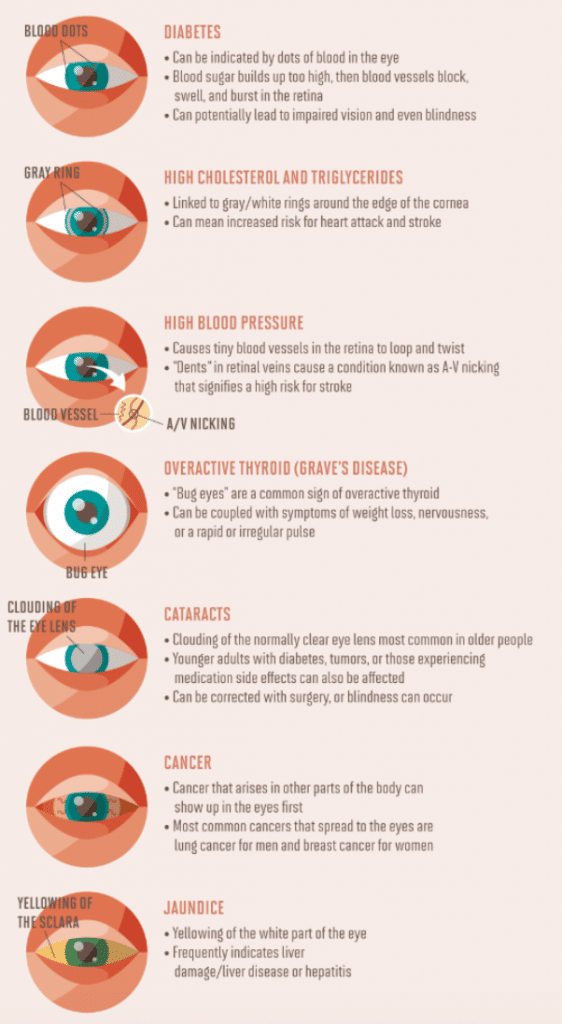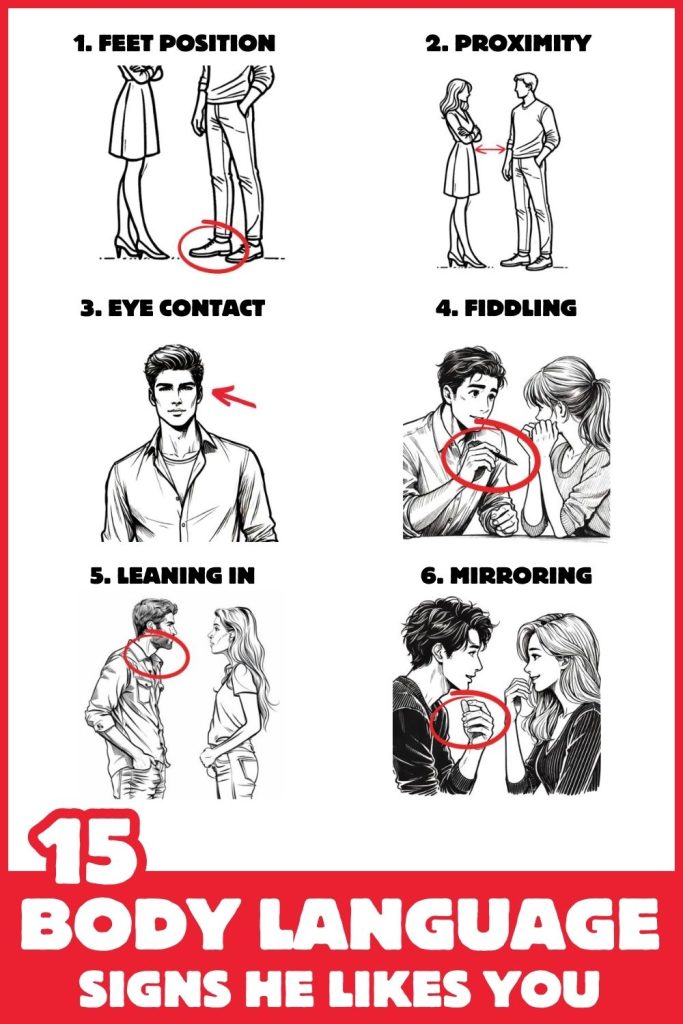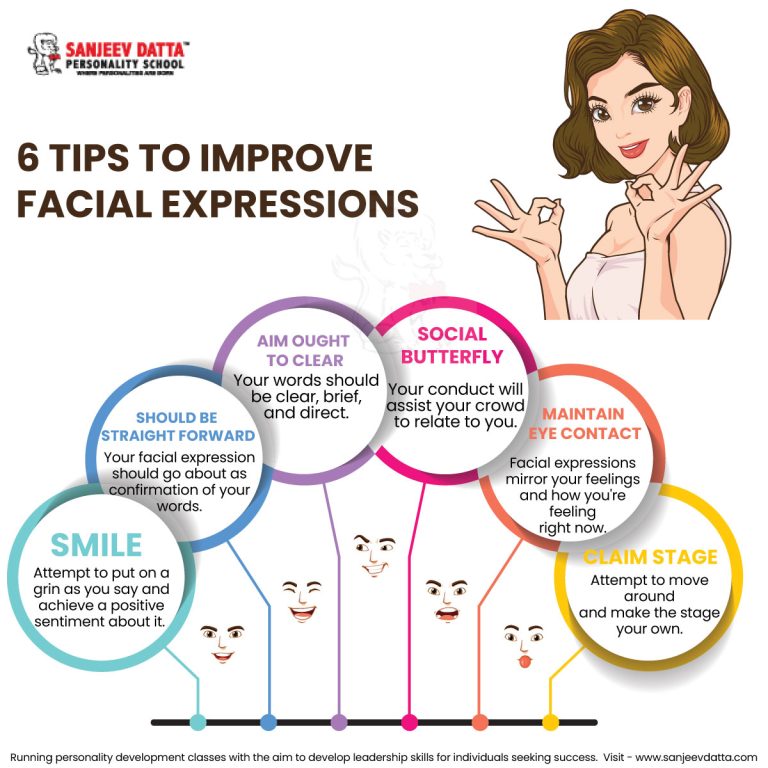Closing Eyes Body Language
Did you know that our body language can speak volumes without us even uttering a single word? It’s true! One intriguing aspect of body language is the way we use our eyes. We communicate so much through our eyes, and one fascinating behavior is the act of closing our eyes. So, let’s explore the intriguing world of closing eyes body language together!
Closing eyes can hold different meanings depending on the context. Sometimes, it’s a natural response to protect our eyes from bright lights or dust particles. Other times, it can be a sign of relaxation, indicating that we feel calm and at ease. However, closing our eyes can also signify discomfort, distrust, or an attempt to avoid a specific situation. The interpretation of this body language is like deciphering a secret code!
Throughout history, closing our eyes has been associated with various meanings and cultural practices. From meditation and prayer to expressing deep emotions like sorrow or joy, closing our eyes has played a significant role in human expression. So, whether we’re exploring the depths of our thoughts or conveying our emotions, our eyes speak louder than words when we close them.
Now that we’ve unlocked the mystery surrounding closing eyes body language, let’s dive deeper into its different interpretations. By understanding the subtleties of this unique form of nonverbal communication, you’ll be able to decode hidden messages and gain a better understanding of the people around you. So, fasten your seatbelt as we embark on this eye-opening journey into the captivating world of closing eyes body language!

Closing Eyes Body Language: Understanding the Unspoken Messages
Body language is a powerful form of communication, often revealing more about our thoughts and emotions than words alone. One fascinating aspect of body language is the act of closing eyes. It is a subtle yet significant gesture that can convey a range of meanings depending on the context. In this article, we will explore the nuances of closing eyes as a form of body language, uncovering its various interpretations and implications.
The Power of Closed Eyes: Insights into Non-Verbal Communication
1. The Comfort Zone: Closing Eyes for Relaxation and Contentment
When someone closes their eyes in a relaxed setting, it often indicates a sense of comfort and contentment. For example, imagine sitting on a beach, basking in the warm sunlight. Closing your eyes in this scenario suggests that you are enjoying the moment and savoring the peaceful surroundings. In social situations, closing one’s eyes can also indicate a level of relaxation and trust in the company of others. It signals a sense of ease and a willingness to let one’s guard down.
2. Escaping Reality: The Desire for Solitude and Privacy
Closing one’s eyes can serve as a form of escape, allowing individuals to retreat from the external world and delve into their thoughts or inner sanctum. In such cases, closed eyes may be a signal that someone desires solitude or privacy. It’s essential to respect this space and avoid interrupting or disturbing the individual. Whether it’s a momentary escape from a challenging situation or a deliberate desire for self-reflection, closing one’s eyes can indicate a need for personal sanctuary.
3. Concealing Emotions: The Masks We Wear
Closing our eyes can sometimes be a way to hide or mask our emotions. It may serve as a defense mechanism to prevent others from seeing our true feelings. For example, someone might close their eyes to conceal tears or a moment of vulnerability. Similarly, closing eyes can indicate a desire to shield intense emotions or a way to distance oneself from overwhelming stimuli. Recognizing this body language cue allows us to navigate conversations and interactions with empathy and sensitivity.
The Art of Reading Closed Eyes: Insights and Interpretations
4. Disapproval and Discomfort: Shutting the World Out
In certain situations, closing one’s eyes can convey disapproval or discomfort. For instance, if someone shuts their eyes tightly while listening to a speaker or participating in a conversation, it can suggest disagreement or a desire to distance oneself from the surrounding environment. It’s crucial to consider the context and other body language cues to accurately interpret the intended message.
5. Deep Concentration: Focusing Inward
Closing eyes can also signify deep concentration and focused attention. Actors and musicians often close their eyes during performances to tap into their internal world and enhance their emotional connection with the audience or the piece they are performing. It allows them to fully immerse themselves in the moment and channel their creativity. Similarly, individuals engaged in deep thought or contemplation may naturally close their eyes to enhance their focus.
6. Meditation and Mindfulness: The Path to Inner Peace
Closing one’s eyes is commonly associated with meditation and mindfulness practices. Many meditation techniques involve closing the eyes to minimize external distractions and facilitate a deeper connection with one’s thoughts, emotions, and surroundings. It cultivates a sense of inner calm and peace. The act of closing the eyes during meditation is considered a gateway to tuning into the present moment and exploring one’s inner self.
The Unspoken Language of Closed Eyes: Additional Insights
7. The Importance of Context: Reading What Lies Beneath the Surface
When interpreting body language, it’s crucial to consider the context and other accompanying cues. Closed eyes can have multiple meanings, so relying solely on this gesture may lead to misinterpretations. Factors such as facial expressions, body posture, and verbal cues should be taken into account to paint a more accurate picture of an individual’s emotional state or intention.
8. Cultural Variations: Understanding the Diversity of Interpretations
It’s vital to note that the interpretation of body language, including closing eyes, can vary across different cultures and regions. Certain gestures that may hold specific meanings in one culture may convey entirely different messages in another. Therefore, it’s essential to be mindful of cultural diversity and avoid making generalized assumptions based on body language cues alone.
9. Building Awareness: Recognizing and Responding to Closed Eyes
Being aware of the various interpretations of closing eyes as body language enables us to respond more empathetically and understand the unspoken messages behind this gesture. By paying attention to the context, observing other body language cues, and considering cultural factors, we can navigate social interactions with greater insight and sensitivity.
The Influence of Closed Eyes: Key Takeaways and Considerations
Closing eyes can impart a wealth of information about a person’s emotions, comfort level, and state of mind. It is a powerful form of non-verbal communication that often speaks louder than words. To decipher its meaning accurately, it’s important to consider the context, other body language cues, and cultural factors. Understanding the unspoken messages behind closed eyes allows us to connect more deeply with others and foster better communication and empathy in our interactions.
Key Takeaways:
- Closing your eyes can indicate relaxation or deep concentration.
- It can also be a sign of fatigue or boredom.
- In certain situations, closing your eyes can be a way to block out distractions.
- Eye closing can be a non-verbal signal that someone is processing information or reflecting on a question.
- Be mindful of the context and other body language cues when interpreting eye closing behavior.
## Frequently Asked Questions
**Closing Eyes Body Language**: Understanding the Unspoken Communication
In this section, we’ll explore some common questions regarding the body language cue of closing eyes. We’ll uncover what this nonverbal signal might indicate in various situations.
—
### Q1: What does it mean when someone closes their eyes while talking?
**A1:** When someone closes their eyes while talking, it can have different interpretations depending on the context. In some cases, it may indicate concentration or deep thought. Closing their eyes helps the person shut out distractions and focus on their internal thoughts. It could also imply that they are trying to visualize something or recall information. On the other hand, closing their eyes might indicate discomfort or an attempt to shield themselves from the situation. It might be a sign of pain, embarrassment, or even distrust. To accurately understand the meaning behind this gesture, it’s important to consider the overall body language and the specific circumstances.
### Q2: Is closing one’s eyes during a conversation a sign of deception?
**A2:** Closing one’s eyes during a conversation does not necessarily indicate deception. While it is true that some individuals may close their eyes while lying or trying to hide something, it would be a mistake to assume deceit based solely on this gesture. Closing their eyes could be a way for individuals to gather their thoughts, concentrate on their responses, or regulate their emotions. It’s crucial to analyze the person’s body language as a whole and look for other cues that might indicate deception, such as fidgeting, inconsistent eye contact, or defensive postures.
### Q3: Does closing eyes mean disinterest or boredom?
**A3:** Closing the eyes can indeed be associated with disinterest or boredom, but it’s not always the case. In certain situations, people may close their eyes as a subconscious attempt to escape from a tedious or uninteresting conversation. However, it’s important to recognize that this nonverbal cue should be interpreted in conjunction with other expressions and gestures. Other possible explanations for closing the eyes include tiredness, fatigue, or a genuine need to rest the eyes. Moreover, some individuals have a natural tendency to close their eyes when they are fully engaged and focused, suggesting that it doesn’t always imply boredom.
### Q4: Why do people close their eyes when they are happy?
**A4:** When people close their eyes while feeling happy, it can be a manifestation of bliss and contentment. By closing their eyes, individuals may be savoring the positive emotions they are experiencing, immersing themselves fully in the moment, and blocking out external distractions. This gesture accompanies an instinctive desire to prolong the pleasurable sensations and appreciate the joy they are feeling. Closing the eyes during moments of happiness is an unconscious way of symbolizing the inner peace and tranquility that comes with great satisfaction.
### Q5: Can closing the eyes indicate relaxation or a state of meditation?
**A5:** Yes, closing the eyes is often associated with relaxation and meditation. By closing their eyes, individuals eliminate visual stimuli and focus on their internal state. This gesture serves as a means to shut out distractions and concentrate on their breath, thoughts, or the sensations within their body. When people close their eyes, they create a more conducive environment for deep relaxation or meditation practices. It helps facilitate the disconnection from the external world and promotes calmness, tranquility, and introspection. However, it’s worth noting that closing the eyes alone does not guarantee a meditative or relaxed state; other factors and behaviors should also be taken into account.
The Eye Block – Body Language 101
Summary
Closing your eyes can communicate different messages depending on the situation and context. In social interactions, closing your eyes while talking can indicate boredom or disinterest. However, in other scenarios like relaxation or meditation, closing your eyes is a normal and positive expression.
Closing eyes during a conversation can be perceived as rude or inattentive, so it’s essential to be mindful of body language cues and make an effort to engage actively. On the other hand, closing your eyes to focus or de-stress in appropriate settings can be beneficial for mental and emotional well-being. Understanding the context and being aware of how others might interpret this body language can help us navigate social interactions more effectively.

